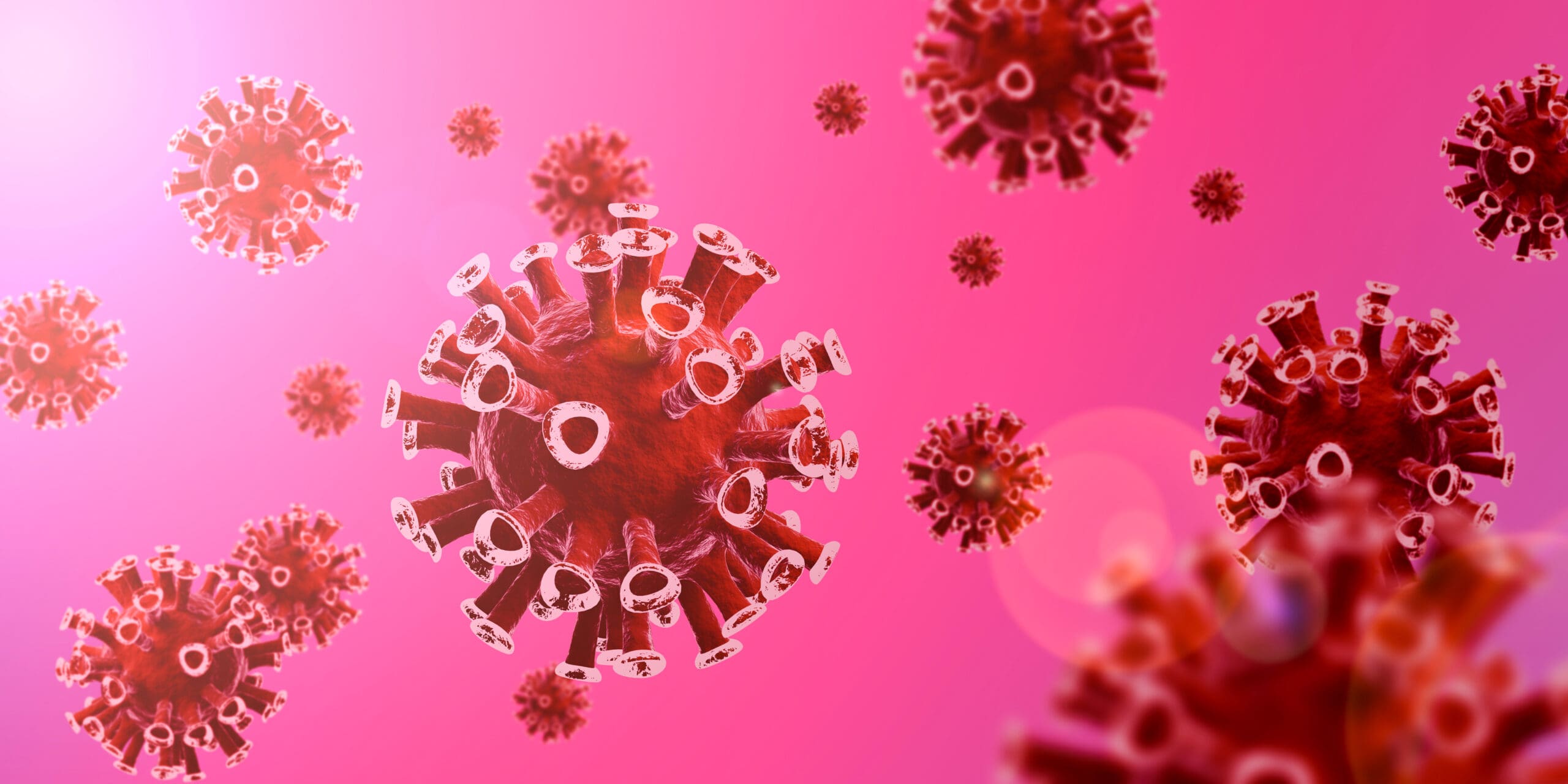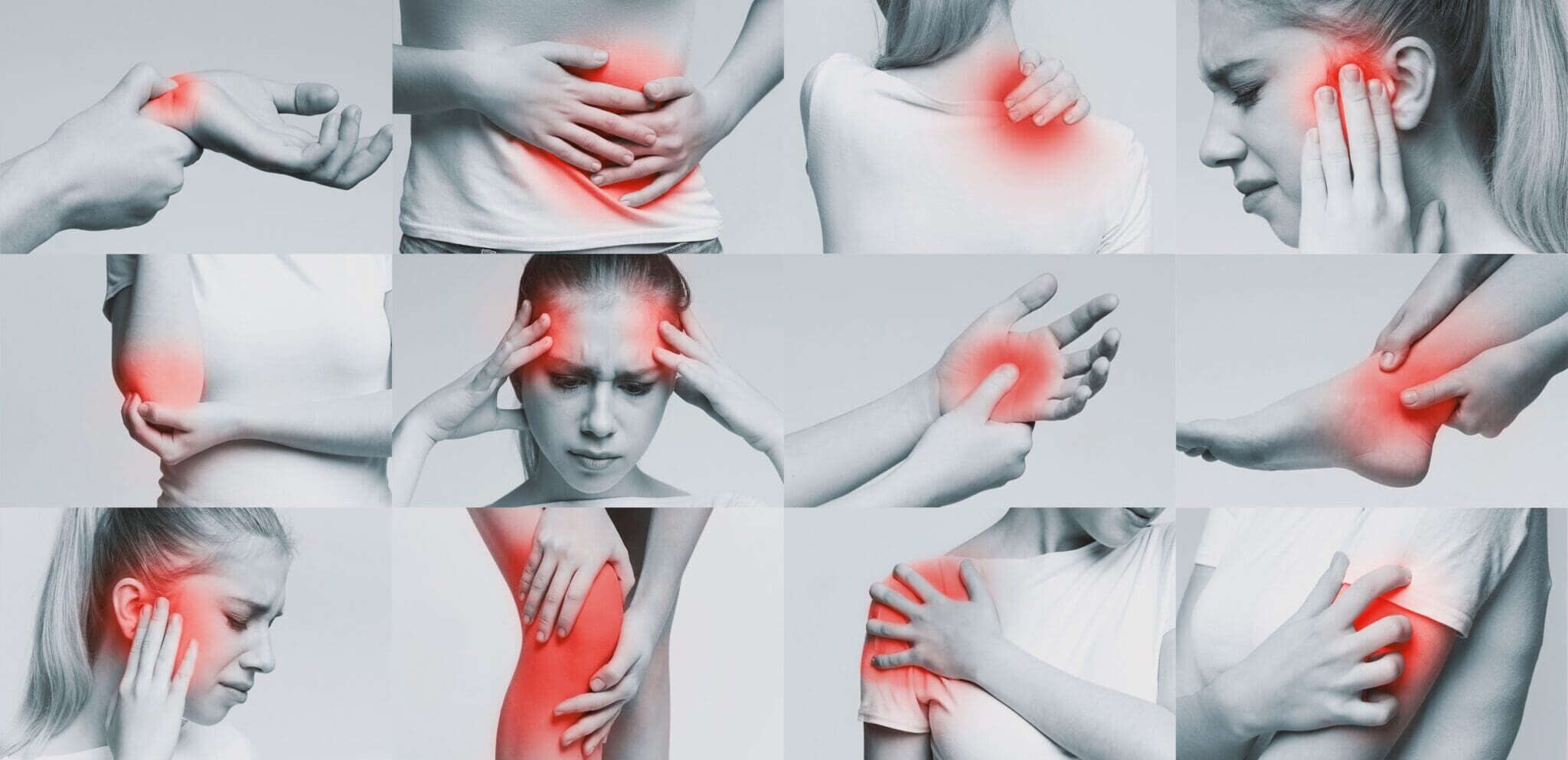Having an unhealthy liver can cause insomnia
By naturopath Margaret Jasinska
Good sleep is necessary for good health, but a lot of people struggle with sleeping problems. Difficulties falling asleep, staying asleep or waking too early are common. You may not be aware that poor liver health could be to blame.
Your liver is a vitally important organ because it performs more than 500 functions, such as detoxifying harmful substances, breaking down fat, storing nutrients and metabolising hormones. Liver conditions such as cirrhosis and fatty liver are often linked to disrupted sleep and insomnia, but even a mildly sluggish liver can cause a noticeable change to your sleeping habits.
Liver conditions are becoming an increasing problem in today’s world. It is estimated that non alcoholic fatty liver disease affects at least 25 percent of the population. This is a real problem because some people experience very few symptoms, and this condition can one day progress into cirrhosis. Interestingly, studies have shown that a correlation exists between your liver health and your sleep patterns. Individuals suffering from liver conditions such as cirrhosis and liver inflammation often exhibit disturbed sleep patterns. According to Chinese medicine, sleep disturbances between 1 and 3am are often linked to liver problems.
How can your liver affect your sleep?
Your liver is responsible for breaking down your hormones. Once the hormones circulating in your bloodstream have accomplished their job, they travel to your liver, where they are broken down and excreted. This prevents a hormonal imbalance from occurring. The hormones cortisol and melatonin have a significant effect on your sleep patterns. Cortisol is a stress hormone that is usually secreted just before you wake up in the morning so you feel motivated and energised. Melatonin is produced as natural light fades, helping you to feel relaxed and sleepy in preparation for sleep. If you suffer with stress or anxiety, your blood level of cortisol becomes elevated, thereby increasing your liver’s workload to break it down. If your liver health is poor, excess cortisol may remain in your bloodstream for longer, interfering with sleep.
Your liver stores and produces glycogen. Glycogen is produced from glucose (carbohydrate) and is stored as an energy source that can be used by your body. When your blood sugar level starts to fall, your liver can break glycogen down to release glucose into the bloodstream to help give your body some energy. Stress can take a toll on your liver because it depletes your liver’s stores of glycogen, which is used to produce stress hormones like adrenaline. If you have a fatty liver, inflamed liver or scarred liver, it is less able to store glycogen. During your sleep, glycogen normally gets released into your bloodstream to keep your blood sugar stable for many hours while you’re not eating. People with a liver condition can run out of glycogen during the night and this can cause them to have a light, broken, unrefreshing sleep.
Your liver can disrupt your digestion. Your liver is supposed to produce bile which enables you to digest fats, fat soluble vitamins and essential fatty acids. People with a sluggish liver typically don’t produce enough bile. This can cause bloating, indigestion and reflux, all of which can significantly impair sleep quality. You can wake feeling hungover when you haven’t consumed any alcohol, simply because your liver was struggling to digest your evening meal.
Help your liver and improve your sleep

Minimise your carbohydrate intake.
The majority of people with a fatty liver are insulin resistant; that means they aren’t able to tolerate much carbohydrate in their diet. The biggest offenders are sugar and foods made of white flour; they need to be avoided completely. A high intake of carbohydrate rich foods in general can promote fatty liver, as the liver converts excess carbohydrate into fat. Foods that need to be restricted include bread, pasta, rice, breakfast cereals, potatoes and any food made of flour. See the fatty liver book or type 2 diabetes book for eating guidelines.

Cut down or avoid alcohol
Excess alcohol consumption is the second biggest cause of fatty liver. Alcohol can cause inflammation and damage to liver cells, resulting in fatty infiltration. People with a fatty liver should limit alcohol consumption to one drink per day, with at least two alcohol free days per week. Alcohol can make it easier to fall asleep but have a poorer quality sleep.

Base your diet around vegetables, protein and natural fats
Raw vegetables are the most powerful liver healing foods. These raw foods help to cleanse and repair the liver filter, so that it can trap and remove more fat and toxins from the bloodstream. Eat an abundance of vegetables (cooked and raw salads). Protein is important because it helps to keep the blood sugar level stable, helps with weight loss from the abdomen and reduces hunger and cravings. Protein should be consumed with each meal. Good sources of protein include eggs, poultry, seafood, meat, nuts, seeds, whey protein powder and dairy products. Industrial seed oil and margarine can worsen a fatty liver. Healthy fats to include more of in your diet are found in olive oil, oily fish, coconut oil, raw nuts and seeds and the fat on grass fed ruminant meat.

Make your own raw vegetable juices
Raw juices are an excellent source of highly concentrated vitamins, minerals and antioxidants. Your juice should be comprised of 80 to 100 percent vegetables, with the remainder comprised of fruit. Do not drink fruit juice; it is too high in carbohydrate and calories. The book Raw Juices can Save your Life contains numerous raw juice recipes.

Increase your body’s glutathione production
Glutathione is your liver’s most powerful detoxifier and it is strongly anti-inflammatory. If you have a fatty liver you need more of it. Eating sulfur rich foods helps with glutathione; examples include eggs, cabbage, broccoli and garlic.

Magnesium promotes deep and restful sleep by relaxing your nervous system and muscles
No matter what is causing your sleep problems, magnesium should help to give you benefits quickly. It is best taken with the evening meal and is available in powder or tablet form.









Leave A Comment